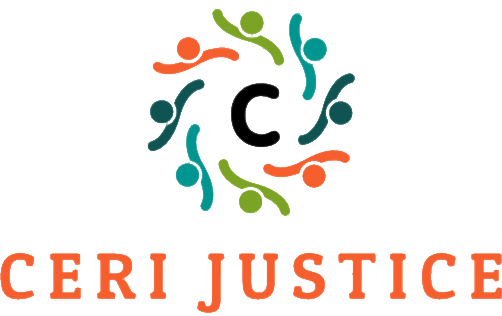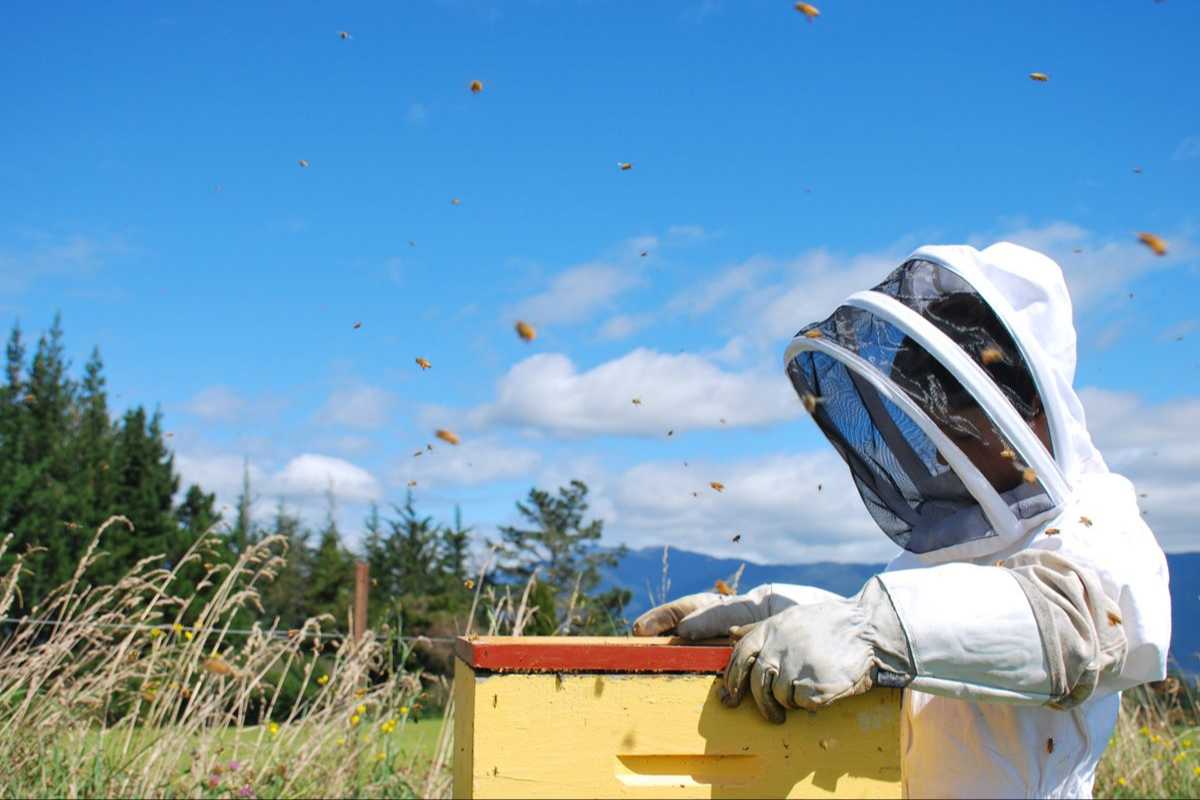In a significant move towards environmental sustainability and agricultural safety, Canada has recently enacted stringent regulations banning bee-harmful pesticides and revising the registration processes for new pesticides. This decision underscores the growing concern over the alarming decline in bee populations—a critical issue given the essential role bees play in pollination and sustaining food ecosystems.
The Plight of the Pollinators
Over the past decades, bee populations across the globe have faced devastating declines, attributed primarily to a combination of habitat loss, climate change, diseases, and notably, the use of certain pesticides. Neonicotinoids, a class of neuro-active insecticides chemically related to nicotine, have been particularly notorious for their harmful effects on bees. These chemicals impair the bees’ ability to navigate and forage, ultimately leading to weakened immunity and increased mortality rates.
Recognizing the urgency of the matter, Canadian policymakers have decided to implement a ban on pesticides known to harm bees, with a special focus on neonicotinoids. The new regulations not only prohibit the use of these harmful pesticides but also introduce a more rigorous framework for the approval of all new pesticides entering the market.
A New Era in Pesticide Registration
Historically, the process of registering pesticides in Canada could best be described as efficient yet insufficiently rigorous in evaluating long-term ecological impacts. Under the new system, the criteria for pesticide approval have been significantly tightened. The revised registration process now demands comprehensive data on the environmental impact of the substances, particularly their effects on pollinators and other non-target species.
Under the new guidelines, pesticide manufacturers are required to conduct extensive field studies that simulate realistic exposure scenarios for bees and other wildlife. These studies must be peer-reviewed and validated by independent researchers to ensure accuracy and transparency. Furthermore, the public will have greater access to the findings of these studies, providing an additional layer of accountability.
Implications for Agriculture and Beyond
The ban on bee-harmful pesticides, coupled with a stringent registration process, marks a pivotal shift in Canadian agricultural practices. While some farming communities express concerns about potential increases in pest-related crop losses, many experts argue that the long-term benefits of healthier bee populations and more robust ecosystems far outweigh these challenges. Farmers are encouraged to adopt integrated pest management (IPM) practices, which emphasize the use of biological pest controls and environmentally sustainable, less harmful chemical options.
Looking Forward
Canada’s legislative action is expected to serve as a benchmark for other nations grappling with similar ecological and agricultural challenges. By safeguarding pollinators, the measures not only contribute to the preservation of biodiversity but also secure the foundations of food production systems worldwide.
Moreover, these changes reflect a broader shift towards environmentally conscious governance, where the impact of human activities on nature is not merely an afterthought but a fundamental consideration in policy-making. As Canada takes these bold steps forward, it invites a global dialogue on the balance between agricultural advancement and environmental preservation.
Conclusion
The ban on bee-harmful pesticides and the overhaul of the pesticide registration process in Canada represent crucial progress in the global effort to protect our most essential pollinators. By aligning agricultural practices with ecological health, Canada not only enhances its environmental stewardship but also sets a global standard for sustainable agriculture and biodiversity conservation.




